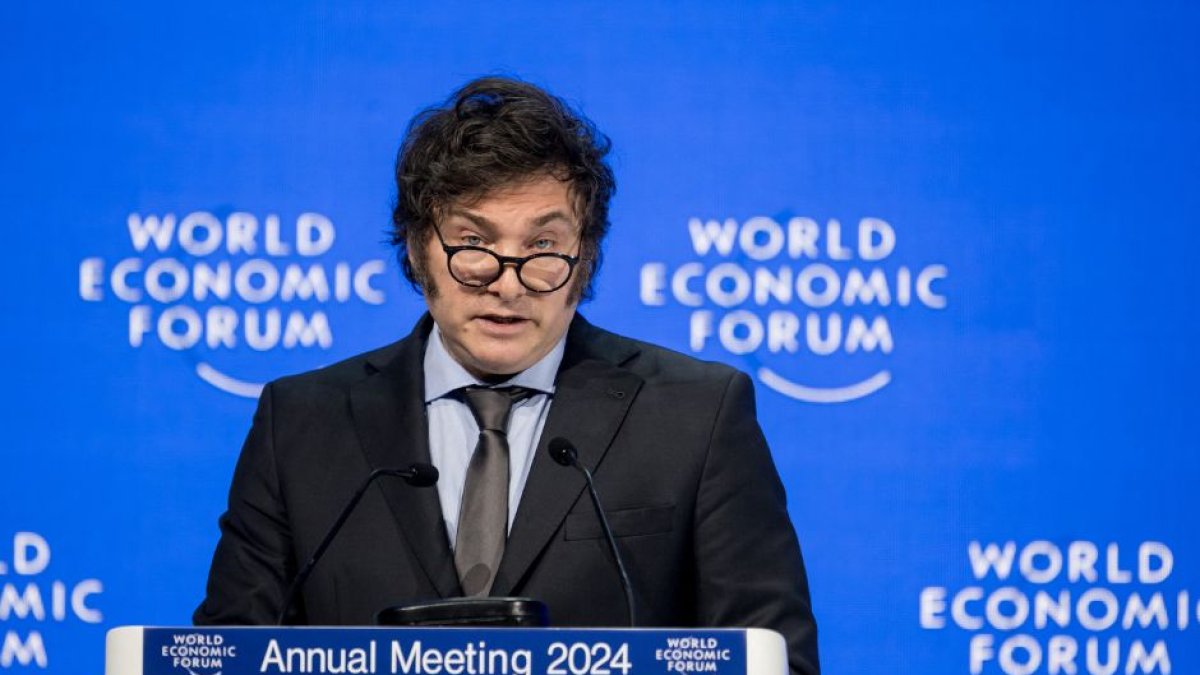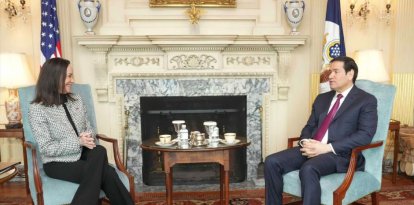Argentina
Argentina: Congress approves the Law of Bases, key to Javier Milei's economic reform
The new legislation provides the Executive with tools to implement its policies of state structure cuts, privatization, and the flexibilization of foreign investments.

The Argentine Parliament approved President Javier Milei's package of reform measures known as the Ley de Bases (Law of Bases) this Friday. The approval of these economic adjustment policies is now pending full and formal ratification by both chambers after the debate.
Thereupon, the Argentine Presidency celebrated the vote in Congress which resulted in 148 votes in favor versus 107 against. "The Office of the President of the Argentine Republic celebrates the approval of the Law of Bases and Starting Points for the Freedom of Argentines," posted the official account of the presidency on X.
Prior to the vote, the Argentine Chamber of Deputies debated throughout the day on the amendments and modifications made to the Law of Bases. In the final text these last minute changes were included. One of the central points of the text, which restores the income tax on salaries, was maintained.
The Ley de Bases is the first of Javier Milei's major projects in his objective to liberalize the Argentine economy, privatize a number of state-owned companies and "flexibilize" the labor market. Milei intends to clean up the State's accounts by reducing investment and public spending to a minimum, a mandatory step to fight the inflation that has been affecting the economy of the southern country for decades.
In replacement of public investment, the Bases Law favors and incentivizes private and foreign investment. "We are going to give President Milei's government the tools so that it can reform the state once and for all," said the leader of the ruling bloc in the House, Gabriel Bornoroni, in his speech closing the plenary vote.
Critics of the Law of Bases warn of the danger that this reform could entail by exposing key sectors of the country to foreign powers. "This is a tailor-made suit made for the sectors of concentrated power in Argentina," Peronist deputy Hugo Yasky pointed out in his speech, who considered that the law allows foreign capitalists "to come and keep the oil and lithium in exchange for nothing" and that it will turn the country into "a fiscal den."
























